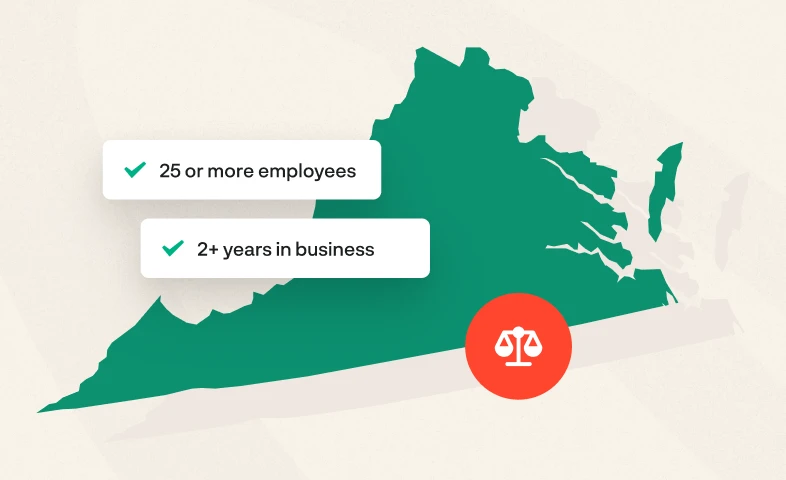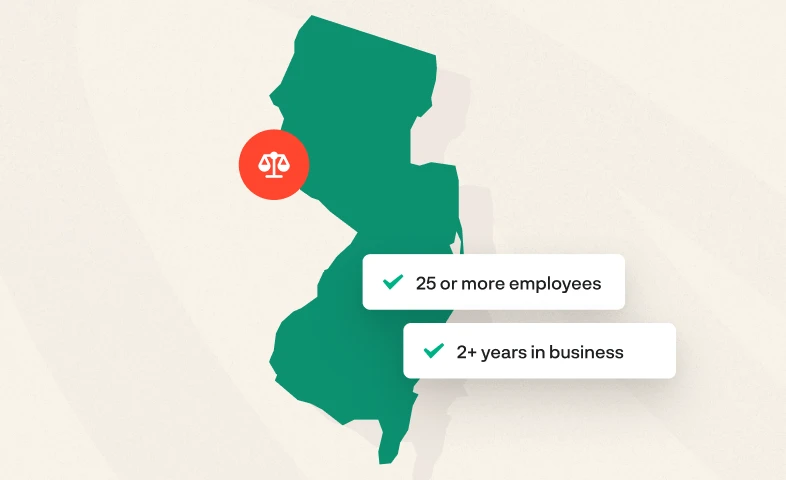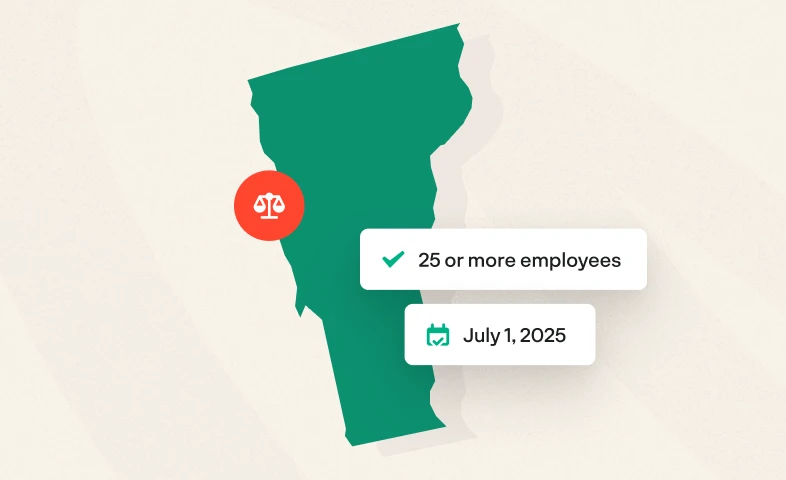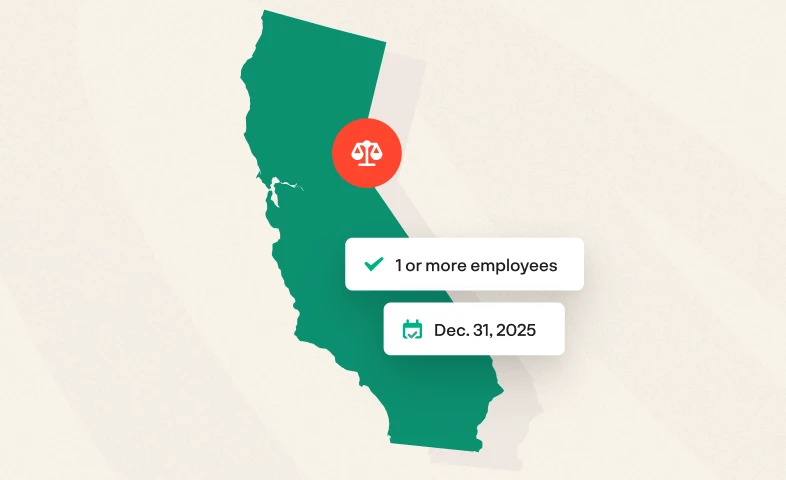Blog
Thank you! Your submission has been received!
Oops! Something went wrong while submitting the form.
Thank you! Your submission has been received!
Oops! Something went wrong while submitting the form.

RetirePath VA Explained: Timeline, Requirements, & Specifications
Everyone
Employers & Business Owners

RetireReady NJ Explained: Timeline, Requirements, & Specifications
Everyone
Employers & Business Owners

401(k) vs. State-Mandated Plans: Understanding What's Right for Your Business
Everyone
Employers & Business Owners

Vermont Saves Explained: Timeline, Requirements, & Specifications
Everyone
Employers & Business Owners

Outpacing Inflation: Modern Retirement Strategies for Small Business & Gig Workers
Everyone
Employers & Business Owners








